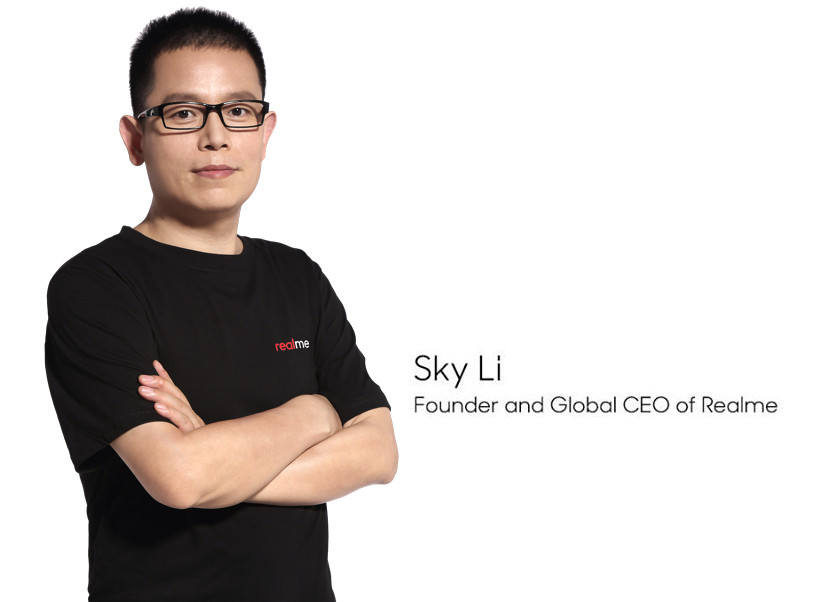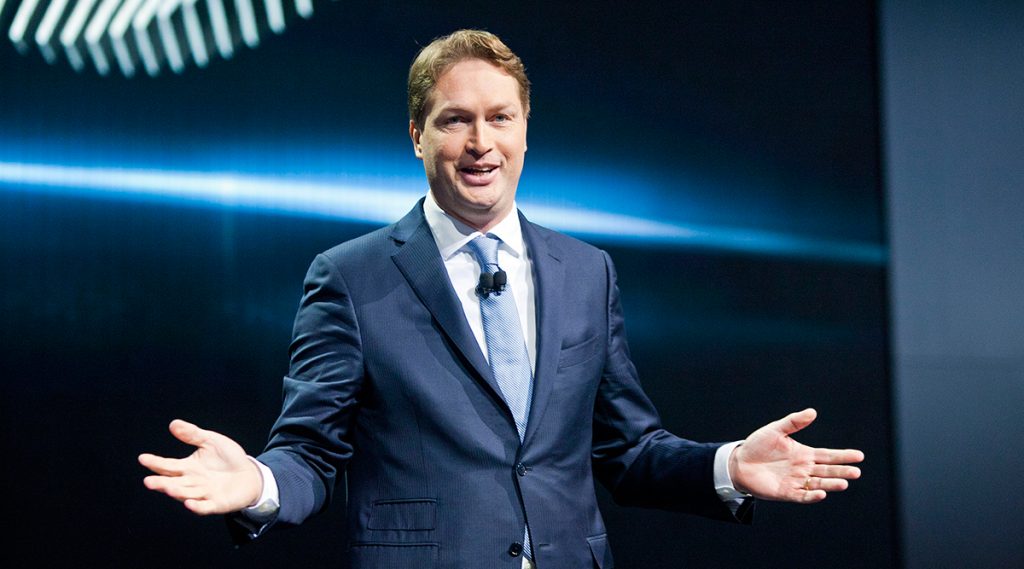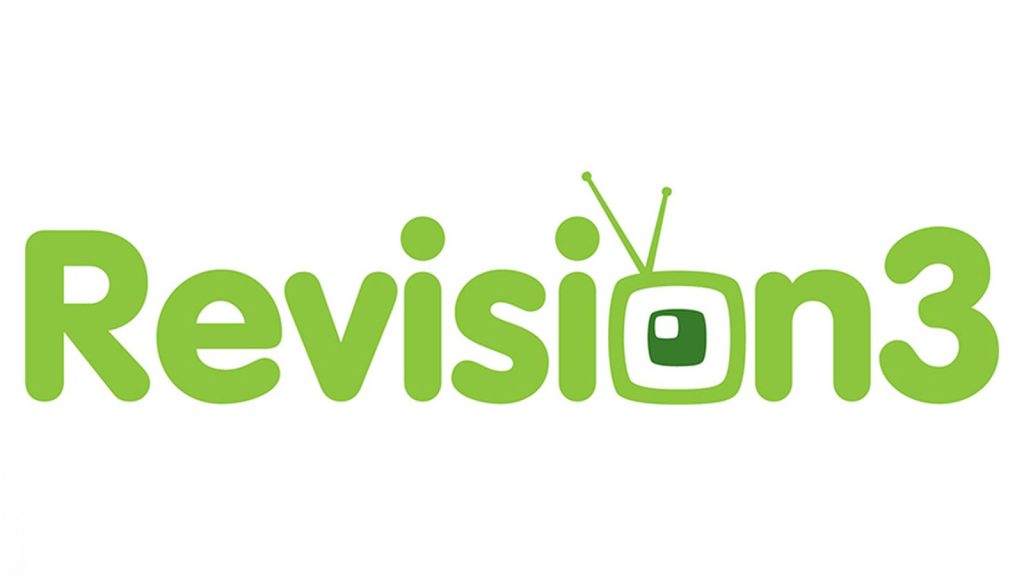Texas Instruments – The Business venture that brought the electronics industry in the limelight
Research and innovation is a topic or a process that will never stop. In fact, innovation improves our lives in many angles. It is no doubt a vast term, evolve with time. Perhaps, we must credit the persons or firms that fuel these process for simplifying and improving our lives. As well, they successfully transfer those inventions to daily use and became some of the most influencing entrepreneurs. Like Patrick E. Haggerty, J. Erik Jonsson, E. McDermott, and Cecil Howard Green did by setting up Texas instruments in 1951. With this, they actually brought the electronics industry in limelight. In very less time after establishment, the Texas instruments developed many semiconductor devices like a transistor radio, calculator, etc that simplify the user‘s life. However, the firm is now working in defense electronics, telecommunications, and in many related fields.
The beginning of the Texas instruments
It all started back in 1951. The founding members of Geophysical Service, J. Erik Jonsson, Cecil Howard Green, Patrick E. Haggerty, and McDermott set up the Texas instruments in 1951. The prime purpose of the firm was to manufacture semiconductor devices. Before that, the Texas instruments were known as GSI. An interesting fact about Texas instruments, it was working in the field of oil exploration before shifting the focus to manufacturing. Thereafter, the firm developed many semiconductor devices and made it available on large scale. Just after 6 years of foundation, it set the name in the list of one of the largest corporations in the world.
The boom in the electronics industry
After three years of establishment, the firm introduced the world’s first transistor radio using a germanium transistor. Thus, increasing the demand for transistors in the market. As the firm was also manufacturing a transistor, this step helped it to generate revenue in the early days. Thereafter, the Texas instruments invented many devices that later on became popular in daily use. For example, a handheld calculator.
Moreover, the firm has named a patent for a single-chip microprocessor. Later on, it introduced the single-chip linear predictive coding speech synthesizer for the first time in the world. After several inventions and electronics devices, the Texas instruments became a leading name in the electronics industry.
Glimpse to Founders lives

Patrick Eugene Haggerty
He was a businessman and an American engineer. Most of the credit to turn Geological services into Texas instruments goes to Patrick. His vision turned the small oil exploration firm into one of the dominant semiconductor firms in the world. As well, under Haggerty’s guidance, TI invested in the transistor. That time, the practical use of transistors was somewhat questionable, which he changed by creating the first silicon transistor with the help of other co-founders.
Patrick also shared a great contribution to inventing the world’s first commercial transistor radio as well as, first integrated circuit. Haggerty served as a president and Chairman of TI. Throughout his career, he worked for the development of the semiconductor industry on an international level.
Early life
He was born in 1915 in Harvey, North Dakota. Patrick attended the Marquette University School of Electrical Engineering. In 1951, he co-founded the Texas instruments.
Other work
Apart from being a successful businessman, he was active in the Institute of Radio Engineers. In fact, he served as IRE’s president in 1962. Also, Haggerty was one of the members of the committee responsible for merged the IRE and the American Institute of Electrical Engineers (AIEE) into the IEEE. For his immense efforts to explore IEEE, Haggerty was awarded the IEEE Founders Medal.
Eugene McDermott
He is one of the founding members of the Texas instruments. As well, served as a Chairman of TI in the initial phase of the firm. Eugene was also included in the board of directors until his last days. During his tenure as CEO, TI rose to be one of the largest corporations in the world.
Personal life
He was born on 12 February 1899 in Brooklyn in NY. Eugene attended Stevens Institute of Technology to study mechanical engineering. As well, he was a geophysicist. For exploring the oil, he set up Geophysical services along with other co-founders. Later on, this firm is renamed as Texas instruments.
Cecil Howard Green
He was born on 6 August 1900. Green attended the University of British Columbia and the Massachusetts Institute of Technology.
Coming to his work front, he was a founder of Texas Instruments. As well, served as vice president and director of the firm. Moreover, Cecil named the honorary director of the company.
In his later life, he was the fellow of the American Academy of Art and Sciences. C. Green had a British origin, but he worked mostly in America. In 1970, he was honored with the Public Welfare Medal from the National Academy of Sciences. Mr. Green was also a recipient of the Golden Plate Award of the American Academy of Achievement.
John Erik Jonsson
He was born on 6 September 1901 in Brooklyn in New York City. Jhon’s parents were migrated to the United States before his birth. Jonsson is also helped in the establishment of Geological Services that later became Texas Instruments.
Career and other work
He was a co-founder as well as served as president of Texas Instruments. Apart from that, he served as a Mayor of Dallas. During his service, the creation of Dallas-Fort was started. As well, he became a philanthropist in later years.

Jayshri is an Electronics Engineer, but her passion towards writing made her to be in this field. Apart from content writing, she loves reading, writing and surfing on various topics. In her free time, she likes to watch TV series and news. Sherlock Holmes is her all time favorite show. Jayshri loves cooking various Indian-western dishes.










